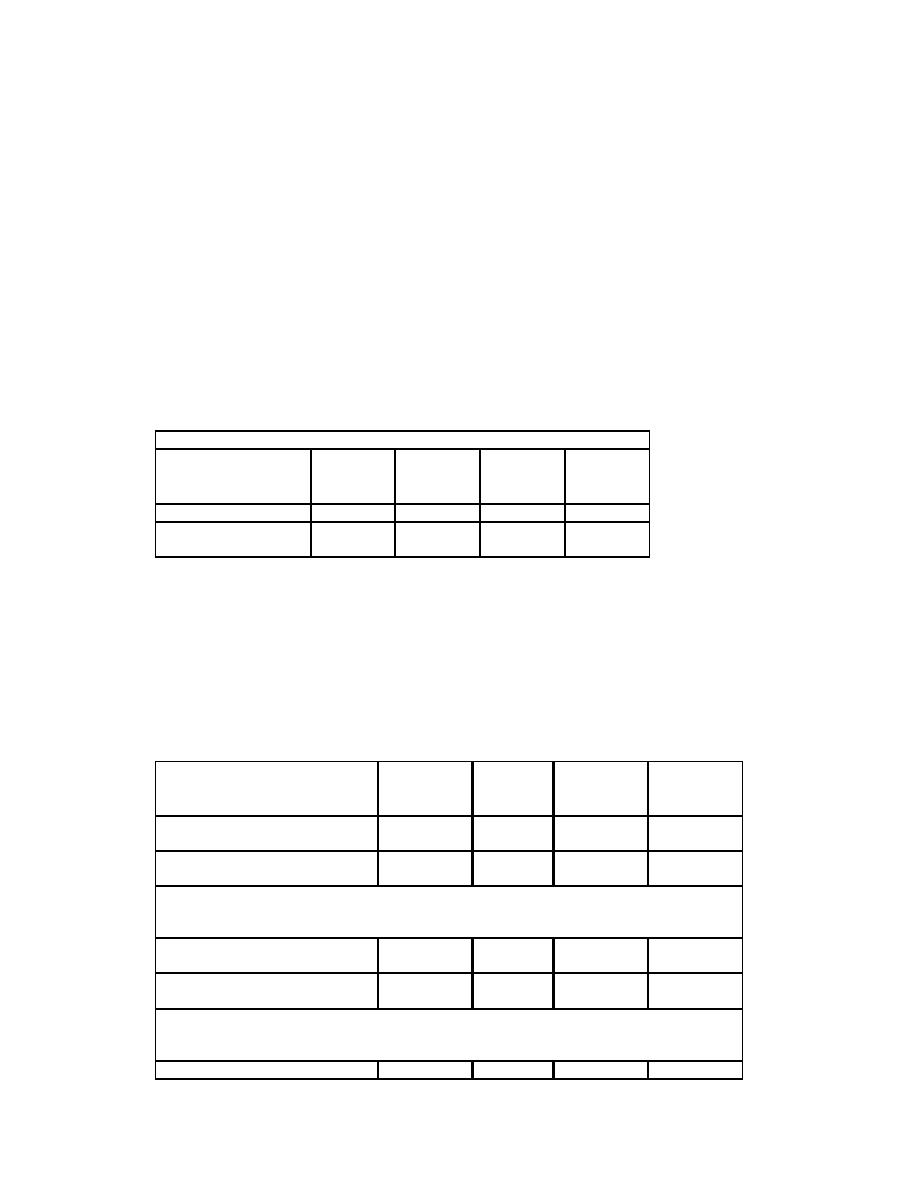
2.8.1.3 Where freeze protection is required to 28 degrees C (-20 degrees F)
outdoor design conditions and chillers utilizing water temperatures of 3 to
10 degrees C (38 to 50 degrees F), glycol solution shall be limited to 20
percent by weight. Usually a 15 percent by weight glycol solution is adequate
for protection to 17 degrees C (0 degrees F) outdoor design condition.
2.8.1.4 Consult manufacturers' capacity rating data for chillers operating
with glycol water solution in ambient temperature of 1 degrees C (30 degrees
F) or below. Normally glycol solution of 25 to 30 percent by weight should be
adequate.
2.8.2 HEAT TRANSFER
2.8.2.1 Table 2-2 below lists effects on heat transfer capacity due to
increased viscosity and change in film coefficients of glycol water solution
on heat source and chiller units:
Table 2-2 Heat Transfer Capacity Factors For Glycol Solutions
Heat Transfer Capacity Factor
Solution Wt
15
20
30
40
(Percent)→
Steam / Water
0.95
0.92
0.87
0.82
Refrigerant /
0.93
0.88
0.80
0.70
Water
checked with manufacturer's data. The flow rates and pressure drop ratings
listed on schedules shall be those for the circulating fluid.
2.8.3 FLOW-HEAD-HORSEPOWER
Effects of ethylene glycol solution on the pump and piping systems.
2.8.3.1 Table below lists properties of the glycol solution.
Table 2-3 Properties of Glycol Solution
Solution/Wt.
15
20
30
40
(Percent)→
Freeze point degrees C
-5.5
-7.8
-15
-27
(degrees F)
(22)
(18)
(4)
(-17)
Solid point degrees C
-31.7
-45
-73.3
-90
(degrees F)
(-25)
(-50)
(-100)
(-130)
Specific Heat (Cp)
0-40 degrees C
0.95
0.93
0.88
0.81
(30-40 degrees F)
82-88 degrees C
0.98
0.97
0.94
0.90
(180-190 degrees F)
Specific gravity
(30-40 degrees F)
1.02
1.03
1.05
1.06
HVAC DESIGN MANUAL
2-18
HVAC SYSTEMS AND EQUIPMENT



 Previous Page
Previous Page
